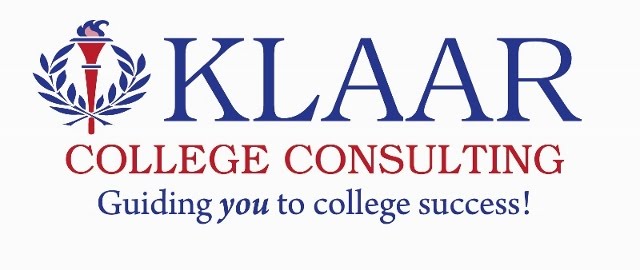able to pay toward his education.
Often, our kids seem to believe in the proverbial money tree in the backyard. As adults, we know this is an unrealistic view. It’s also important to explain that parental assets have to go much further than the education of one child.
Take a holistic approach to financial planning. This means that your retirement is just as important as the college educations of your children. No one child, regardless of accomplishments, should take precedence over the future
well-being of either his parents or the other children in the family.
Once your student understands what your limits are, he can then begin to mentally plan for the possibility that he may not be able to attend his dream school, and approach the college planning process more realistically. He can
still apply to the dream college, but it does leave the door open to other, more financially viable options.
Affordable Fit
In my practice, I find that when families follow these suggestions, their students tend to be much more open to colleges that are both affordable and a good fit. It can also encourage students to be more proactive in looking for scholarship
money, or make them work a little bit harder to try to attain the grades that make a more prestigious college possible.
Being realistic can also take some of the pressure off the student to go trophy hunting, rather than finding colleges that provide a good match and fit for him.
What exactly are match and fit?
Match refers to your student’s numbers and how they compare to the middle 50 percent of accepted students at the college you’re considering. If your student’s unweighted GPA and test scores fall in that range, then the college is a potential match for your student.
A = 4.0, B = 3.0, C = 2.0, D = 1.0, F = 0
English B = 3.0 A- = 3.7 B+ = 3.3
Math A = 4.0 C+ = 2.3 B- = 2.7
Science A = 4.0 B+ = 3.3 A- = 3.7
Social Studies B+ = 3.3 A- = 3.7 A = 4.0
Foreign Language C+ = 2.3 D = 1.0
TOTAL 16.6 14.0 13.7
Add up the results and divide by the number of courses.
44.3 ÷ 14 = 3.16 GPA (unweighted).
Most colleges will recalculate the high school GPA to a basic unweighted 4.0 scale based only on the core subjects. To do that, you pull out the grades for English, Math, Science, Social Studies and Foreign Language,
 Looking at your student’s grades from the viewpoints of the admission office can guide you in your class choices. And be sure to avoid declining GPA’s – colleges look unfavorably at downward grade trends. It’s important that your student’s grades remain above a B in all subjects if at all possible.
Looking at your student’s grades from the viewpoints of the admission office can guide you in your class choices. And be sure to avoid declining GPA’s – colleges look unfavorably at downward grade trends. It’s important that your student’s grades remain above a B in all subjects if at all possible.Fit on the other hand, refers to the social and academic aspects of the college.
• Does he feel comfortable on campus?
• Are there students there with whom he can connect?
• Does the school offer the academic environment and extracurricular options that he is looking for?






